Over a thousand citizens of China’s southern Guangzhou Province held a protest on Nov. 23 to express their opposition to local officials building a rubbish incinerator near their homes.
Many of the protesters were well-dressed and middle class, making the demonstration different from the hundreds of thousands that take place across the Chinese countryside each year, usually held by peasants.
Protesters also sent updates on the events in real time through their cell phones using Twitter, a “micro-blogging” service; and they posted photographs and video on the internet, almost in real time. Though Twitter is blocked in China, it has been widely adopted by Internet users able to circumvent the regime’s censorship.
The protest started at the local petition office in Panyu district, and then moved to the city government building, according to a Southern Metropolis Daily account which was later censored.
Protesters handed out leaflets and bumper stickers, and held papers saying “oppose rubbish incinerator.” In a show of support for the protesters, one photocopy shop owner made them copies of the sign for free, according to the Daily’s report.
The plant is supposed to replace two landfills at Huijiang village in the city’s Panyu district, and would burn through 2,000 tons of trash a day.
Residents expressed a range of concerns about the project, including the environmental impact from the pollution, the health impact from the carcinogenetic dioxins, and the impact the incinerator would have on real-estate values.
Several local television stations sent reporters to cover the event. The protesters diffused after Communist Party officials announced that the construction would not go ahead until an environmental assessment was carried out—though an environmental assessment is not likely to satisfy residents.
Many of the protesters were well-dressed and middle class, making the demonstration different from the hundreds of thousands that take place across the Chinese countryside each year, usually held by peasants.
Protesters also sent updates on the events in real time through their cell phones using Twitter, a “micro-blogging” service; and they posted photographs and video on the internet, almost in real time. Though Twitter is blocked in China, it has been widely adopted by Internet users able to circumvent the regime’s censorship.
The protest started at the local petition office in Panyu district, and then moved to the city government building, according to a Southern Metropolis Daily account which was later censored.
Protesters handed out leaflets and bumper stickers, and held papers saying “oppose rubbish incinerator.” In a show of support for the protesters, one photocopy shop owner made them copies of the sign for free, according to the Daily’s report.
The plant is supposed to replace two landfills at Huijiang village in the city’s Panyu district, and would burn through 2,000 tons of trash a day.
Residents expressed a range of concerns about the project, including the environmental impact from the pollution, the health impact from the carcinogenetic dioxins, and the impact the incinerator would have on real-estate values.
Several local television stations sent reporters to cover the event. The protesters diffused after Communist Party officials announced that the construction would not go ahead until an environmental assessment was carried out—though an environmental assessment is not likely to satisfy residents.
In 2005 a waste incineration plant was built in Likeng village, also in Guangzhou. Afterwards, reports of the incidence of cancer rose dramatically.
CCTV, the official mouthpiece of the Chinese Communist Party, reserved its “One-plus-one” program several days later, on Nov. 25, to talk about the protest. One CCTV commentator on the program discredited a democratic approach to resolving the issue, saying “The crucial part of resolving this issue is… about the public establishing trust in the government.”
The regime’s lack of credibility on the matter is frequently cited, however.
A local resident interviewed on the CCTV program was asked whether after seeing official data indicating that the incinerator was safe, and approval from government-appointed experts, she would still be opposed to the plant. “We’re still against it,” she said “Why? Because we don’t believe these experts anymore.”
CCTV, the official mouthpiece of the Chinese Communist Party, reserved its “One-plus-one” program several days later, on Nov. 25, to talk about the protest. One CCTV commentator on the program discredited a democratic approach to resolving the issue, saying “The crucial part of resolving this issue is… about the public establishing trust in the government.”
The regime’s lack of credibility on the matter is frequently cited, however.
A local resident interviewed on the CCTV program was asked whether after seeing official data indicating that the incinerator was safe, and approval from government-appointed experts, she would still be opposed to the plant. “We’re still against it,” she said “Why? Because we don’t believe these experts anymore.”
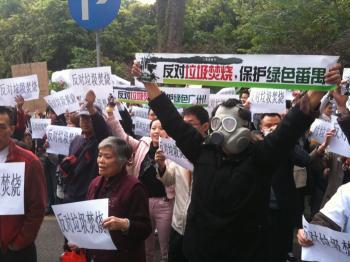

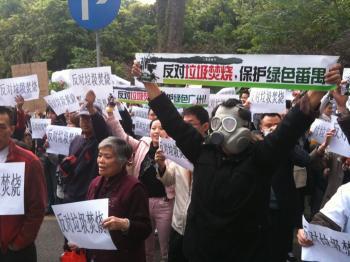
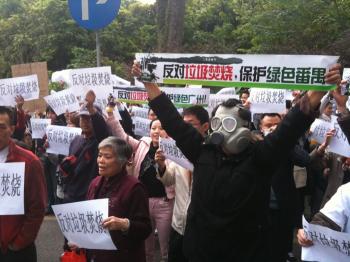
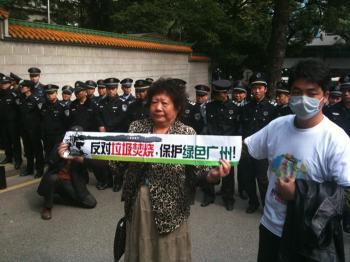
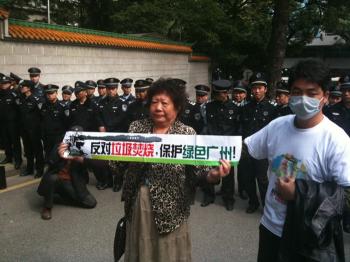
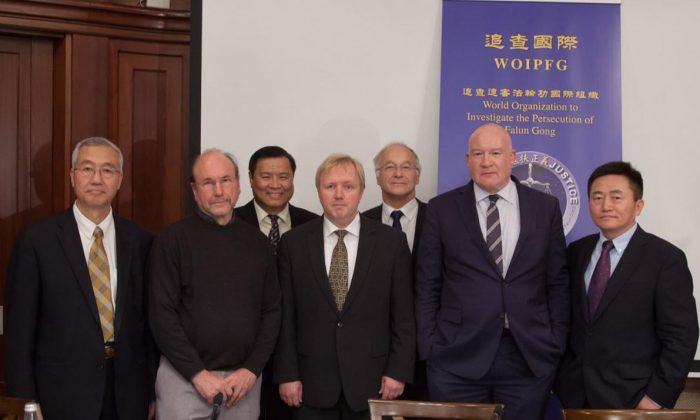
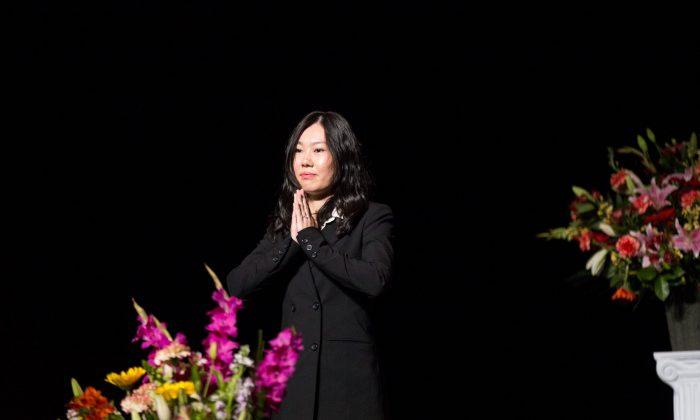
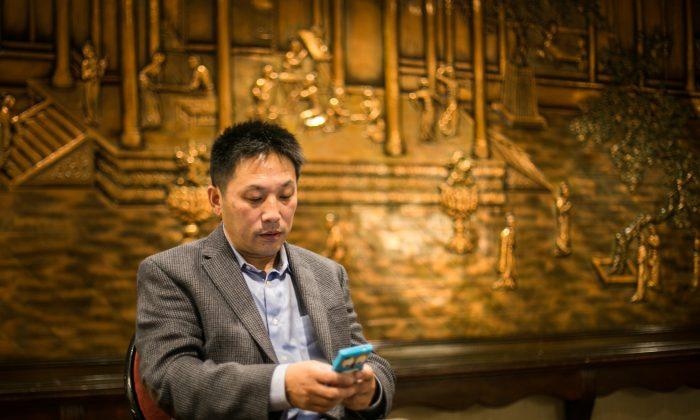

Friends Read Free